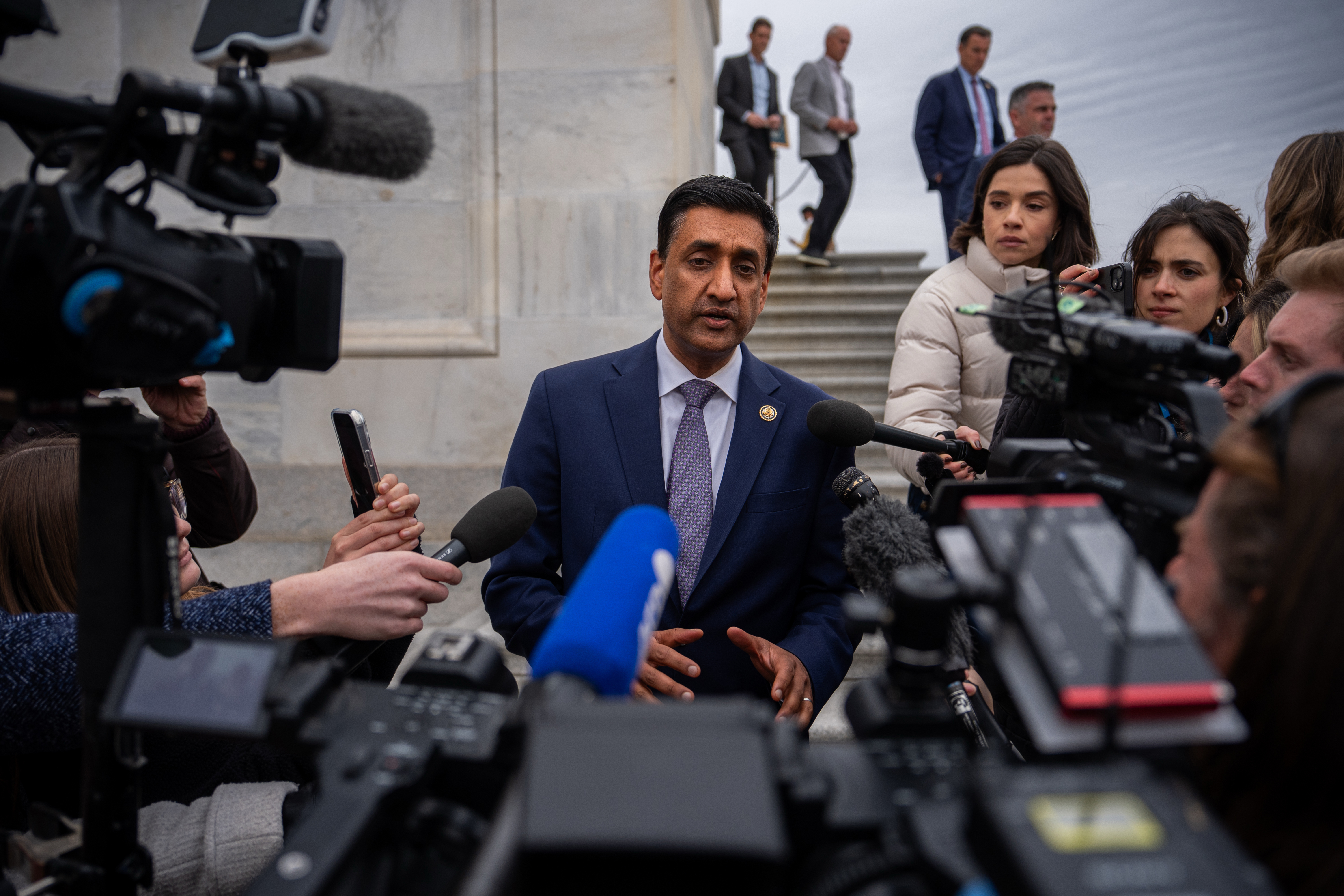Google is stepping up to combat the rise of fake news. The world's leading search engine is installing its own fact-checker on search results that might generate a lot of misinformation.
It works like this: If you look up a rumor like "Does John Podesta (Hillary Clinton's campaign chairman) worship the devil," you'll get all the normal results, including links to conspiracy-promoting websites like InfoWars.
But Google will also present a fact check from one of its trusted partners like Snopes, offering the truth while giving the origin and some context.
The John Podesta rumor started on InfoWars after it was revealed he had dinner with a performance artist who published a book called "Spirit Cooking."
Google said in a blog post: "The amount of content confronting people online can be overwhelming. And unfortunately, not all of it is factual or true, making it hard for people to distinguish fact from fiction."
Google isn't the only tech company that's had a hard time dealing with false or misleading stories. Facebook is also making some changes after taking a lot of heat over fake news.
In August 2016, Facebook fired the editorial team in charge of its trending topics feature. The algorithm used to replace that team regularly presented satire, conspiracy theories and made-up articles as real news.
So the social media giant is adding an "educational tool" for trending articles. It's still an open question whether these tools are enough to convince people not to trust fake news websites.




 Facebook's Plan To Fight Fake News Relies On Real Journalists
Facebook's Plan To Fight Fake News Relies On Real Journalists






